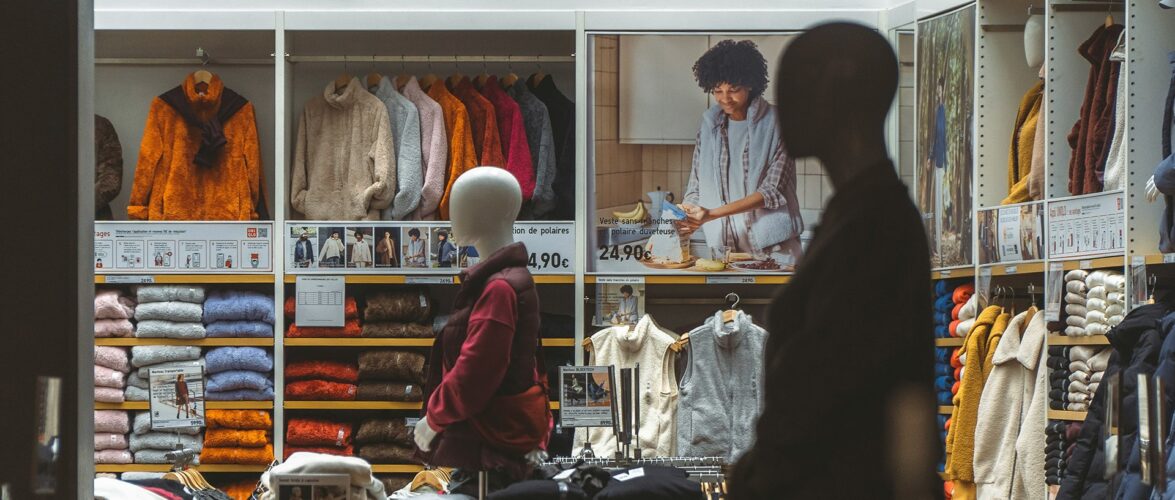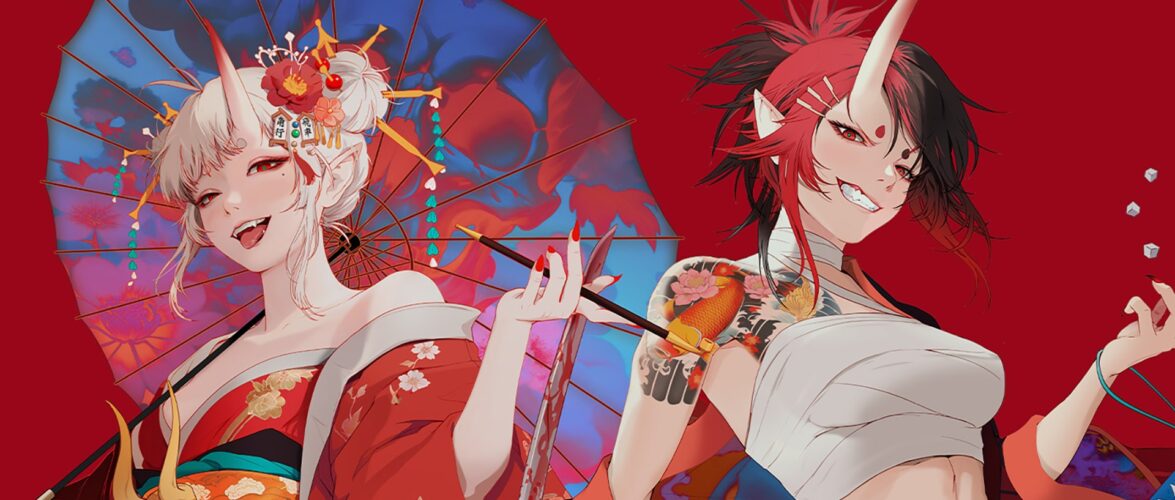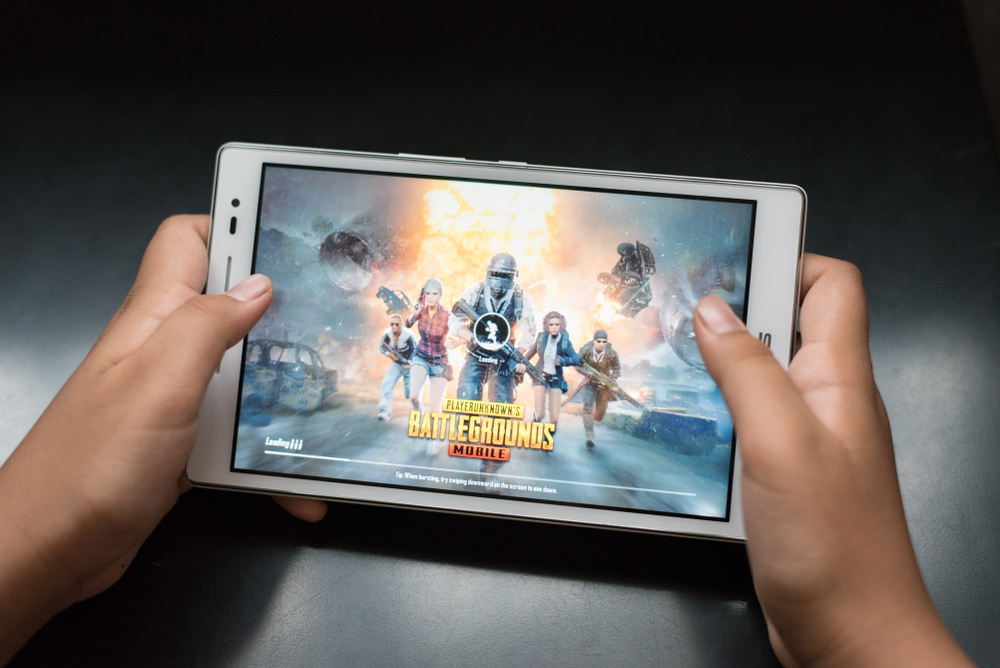For many young Chinese gamers, the era of sitting up past bedtime, huddled underneath a blanket, playing their favorite mobile games is coming to an end. This week, Tencent’s new security measures went live to limit the amount of time young gamers can play video games—a move in line with governmental policies. The system uses facial recognition to identify the person using the account, enabling it to spot minors who log on in violation of the rules.
The government’s campaign aims to curtail increasing rates of myopia in young Chinese and the development of gaming disorder, which was declared as a mental health condition by the World Health Organization in 2018. Gamers under 18 years old are limited to 90 minutes of play time per day from Monday to Friday, with double the allotment for weekends and holidays. Meanwhile, they cannot log on between 10:00 p.m. to 8:00 a.m.
When Chinese regulators instituted new rules aimed at curbing the amount of time children spend gaming in November 2019, the policy objective was clear, but implementation was rickety. Initial attempts to place restrictions on online gaming for those aged under 18 were based on the account holder’s information. This was easily circumvented, as minors often used the personal details of older family members or friends for real-name authentication. The practice is especially true for games that are rated for mature players aged 17 or older, like Tencent’s popular battle royale title Peacekeeper Elite.
The actual human gamer behind the account remained anonymous until this week’s roll-out of Tencent’s facial recognition feature. Users who refuse to submit to the new measure will be kicked offline. The facial scan involves automated authentication of whether the image presented to the camera is indeed a living person, so minors are unable to use photos of adults to bypass the measure, Tencent claims. If the system works as advertised, that means a portion of Chinese gamers will spend less time on popular titles like Honor of Kings and League of Legends.
The move comes as Tencent’s gaming business is under increasing pressure from Chinese regulators. The State Administration for Market Regulation, China’s antitrust watchdog, has halted the anticipated merger of two Tencent-backed game livestreaming platforms, Douyu and Huya, which happen to be the two country’s largest players in the space. The Tencent-orchestrated deal was originally set to be closed by the end of Q2 2021 and create a behemoth with 300 million users. Its valuation would have been in the neighborhood of USD 10 billion.
Read this: Tencent is investing in a video game company every three days





